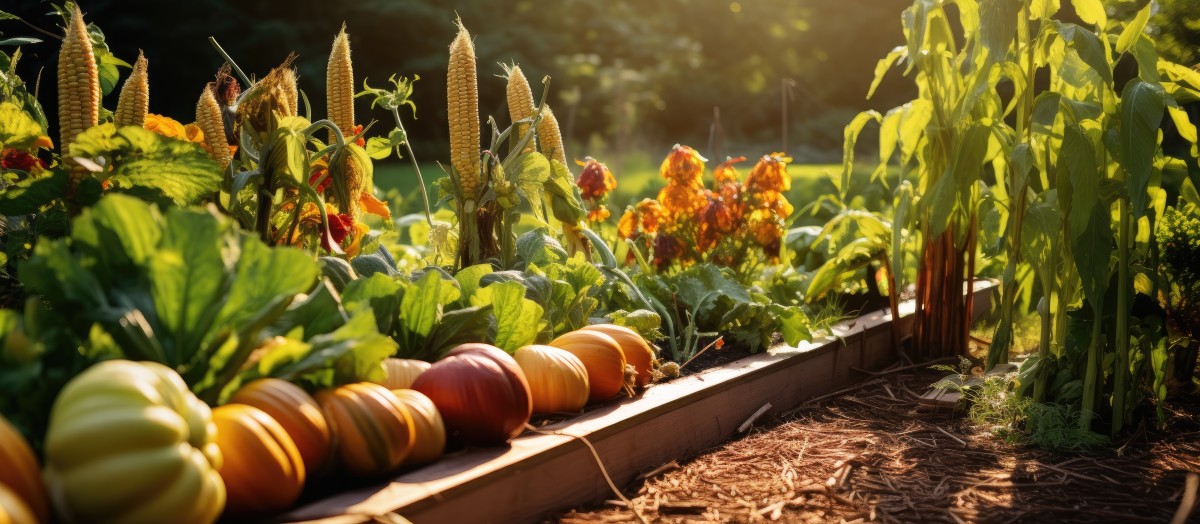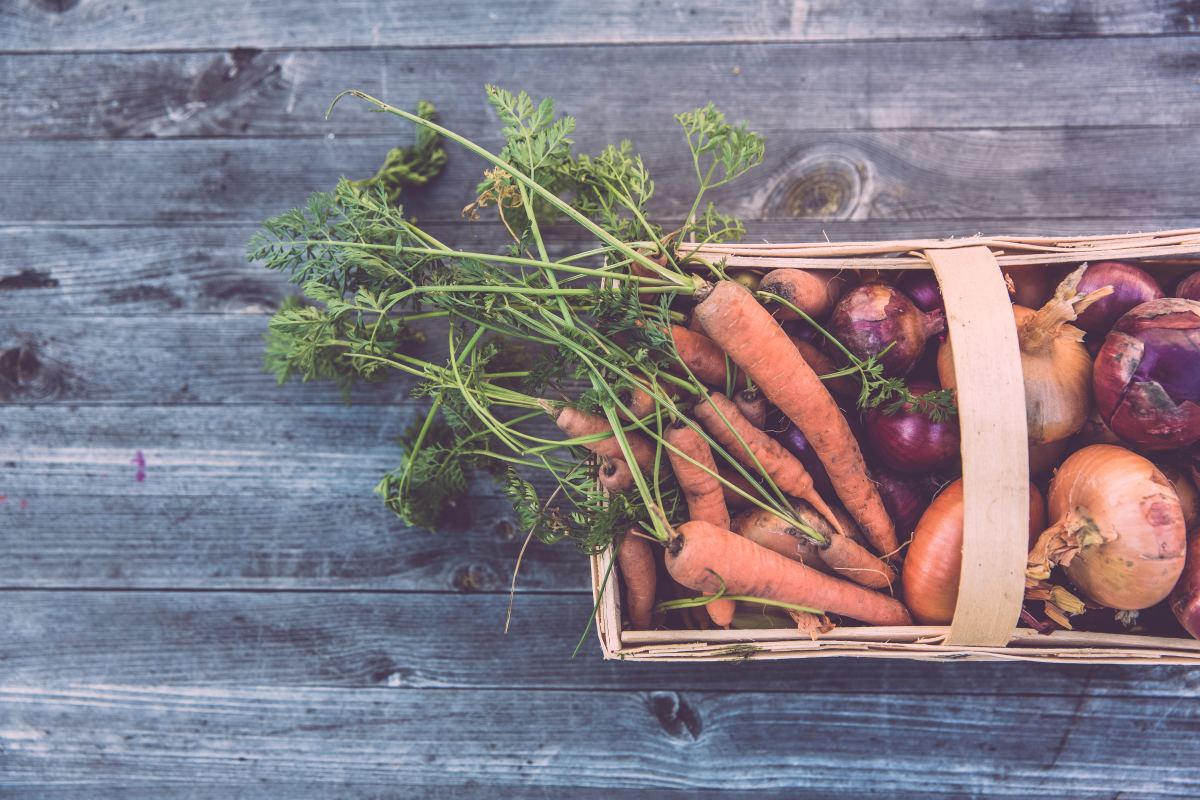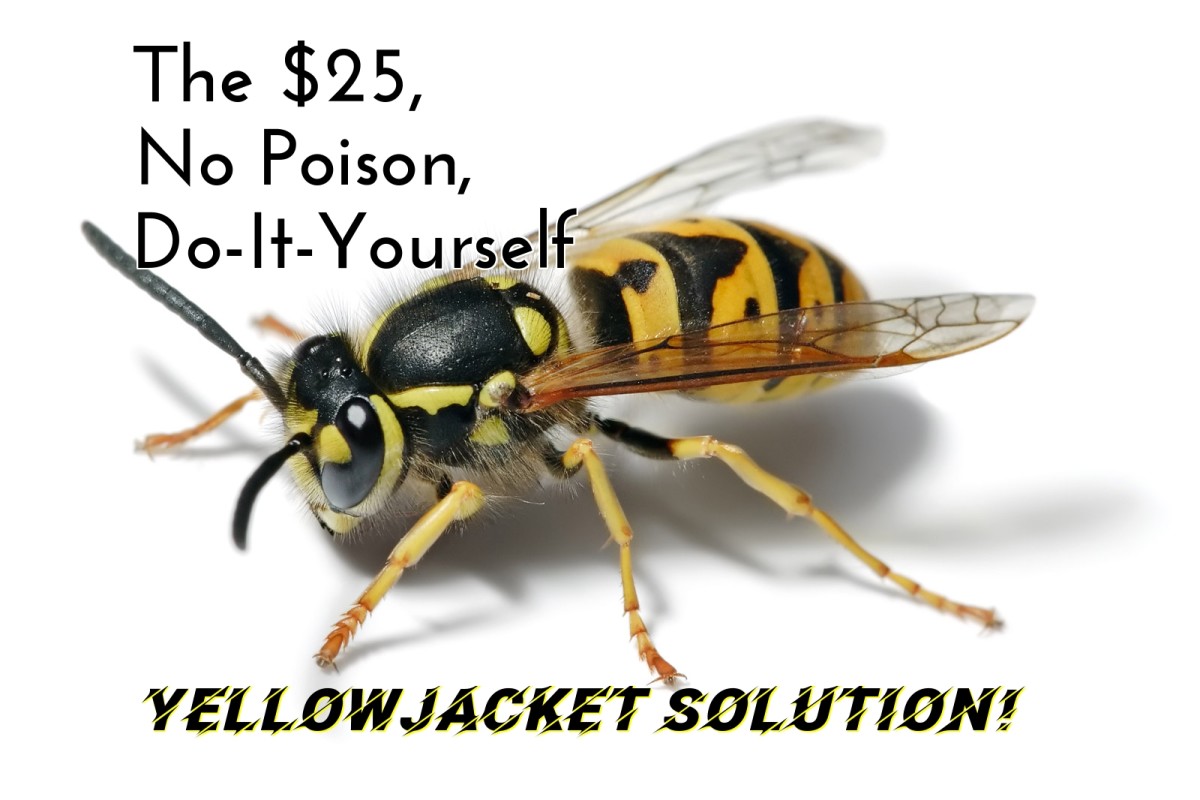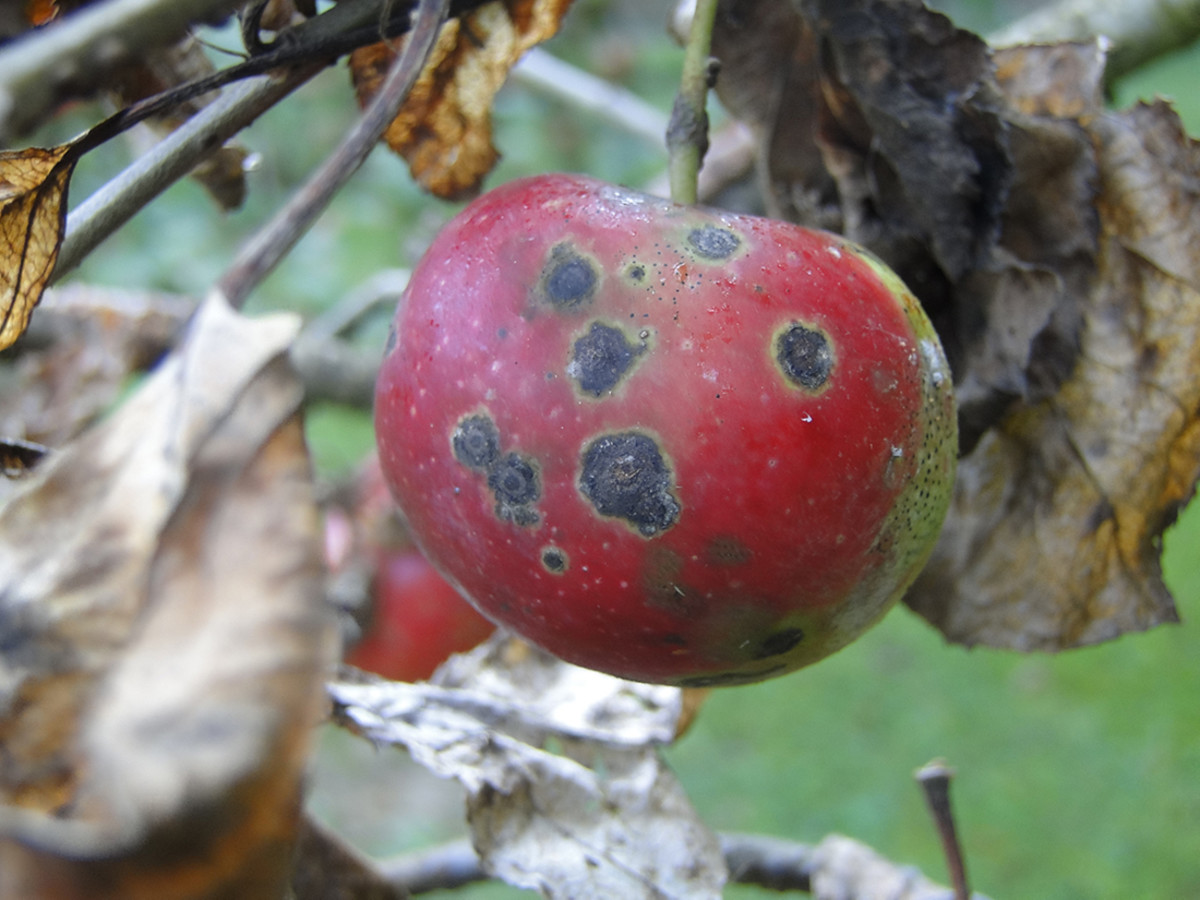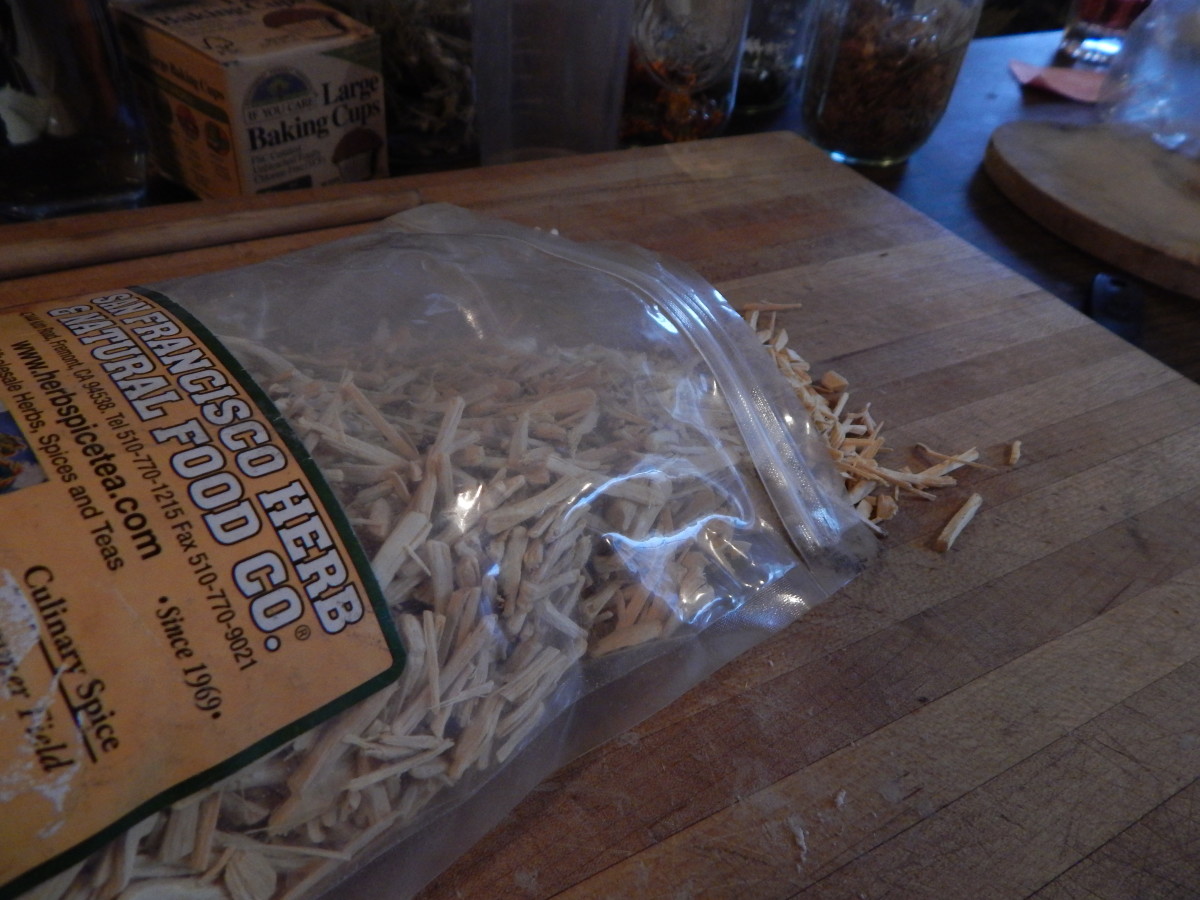A Guide to Companion Planting
What is Companion Planting?
"Companion planting in gardening and agriculture is the planting of different crops in proximity for pest control, pollination, providing habitat for beneficial creatures, maximizing use of space, and to otherwise increase crop productivity." according to Wikipedia.
Companion Planting has Many Benefits
Organic gardeners know that biodiversity makes for a healthy and beautiful garden. Certain plant combinations have the extraordinary capability for helping each other grow. Studies of companion planting confirm that some combinations have real benefits.
But beyond the science, many gardeners know from practical experience how to pair certain plants for their mutual benefit. Simply put, companion planting helps create a balanced eco-system, allowing nature to better do its job.
Some plants act as natural insect repellents. Others will attract beneficial insects to promote pollination. Some are even used to attract damaging insects such as aphids so they are less likely to flock to food plants.
Quick growing plants like radishes or lettuce can be grown between ones that mature later, making good use of garden space. Leafy greens will grow well in the shade offered by corn, as will bush beans.
Strong Scented Marigolds Repel Beetles
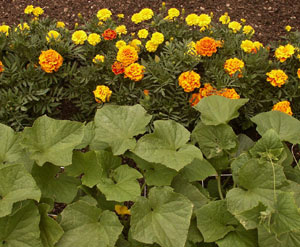
Companion Plant to Control Pests
One of the biggest benefits to organic gardeners is the opportunity to keep pests and disease under control without having to resort to chemicals. Experience has shown that growing certain plants in close proximity can be an important part of pest management. Many plants have natural substances in their roots, flowers or leaves that can alternately repel (anti-feedants) and/or attract insects depending on your needs.
Experiment and find what works for you. You could use certain plants as a border or backdrop, or interplant in your flower or vegetable beds where you have specific needs. If you use plants that are native to your area, insects you want to attract already know what to look for!
Beneficial Companions
Looking for ways to cut down your use of pesticides and have a more organic garden?
Here are some companion planting ideas to control insects or disease to start with:
Marigolds: Grow both marigolds and calendula throughout your garden to repel beetles, nematodes and even deer.
Garlic or chives and roses: Garlic is said to repel aphids. Garlic chives probably are just as repellent. They also are said to prevent blackspot. However, keep garlic plants away from beans and peas - it will stunt their growth.
Dill and basil: These two will protect tomatoes from hornworms.
Nasturtiums and cucumbers: Nasturtiums are said to repel cucumber beetles, and their dense growth also is habitat for predatory insects such as spiders and ground beetles. They will also attract aphids away from other plants.
Peppers and pigweed: Leafminers prefer pigweed to pepper plants, but be careful to remove the weeds' flowers before they set seed.
Cabbage and dill: Dill attracts the beneficial wasps that control cabbageworms and other cabbage pests.
Corn and beans: The beans attract beneficial insects that prey on corn pests such as leafhoppers, fall armyworms and leaf beetles. And corn stalks can support bean vines.
Radishes and spinach: Radishes attract leafminers away from the spinach.
Cauliflower and dwarf zinnias: The nectar from the dwarf zinnias lures ladybugs and other predator insects, helping protect cauliflower.
Collards and catnip: Studies have found that planting catnip alongside collards reduces flea-beetle damage on the collards.
Rosemary and carrots: Rosemary repels carrot fly.
Mints and cabbage: Mint repels the white cabbage moth, preventing them from laying eggs in cabbage.
Marigolds and tomatoes: Marigolds repel white fly among tomatoes.
Chives and apple trees: Chives grown beneath apple trees will help to prevent apple scab.
Nasturtium and apple trees: The climbing variety grown up apple trees will repel codling moth.
Tansy and peaches: Tansy(Tanacetum) repels moths, flies and ants. Plant it beneath peach trees to repel harmful flying insects.
Good and Bad Companions
Plant
| Good Companions
| Bad Companion
|
|---|---|---|
Beans
| corn, cabbage, cucumber, strawberries
| onions, garlic, fennel
|
Beets
| beans, onions, garlic, lettuce, cabbage
| |
Broccoli, cabbage, kale, cauliflower
| dill, sage, rosemary, beets, garlic, onions
| tomatoes, beans, peppers
|
Carrots
| lettuce, chives, leeks, peas, sage
| Strawberries, cabbage, fennel
|
Lettuce
| carrots, radishes, cucumbers, beans
| parsley, celery
|
Corn
| Sunflowers, beans, peas, squashes, parsley
| cabbage, tomatoes
|
Onion family
| carrots, beets, tomatoes, cabbage
| peas, beans, parsley
|
Peas
| Lavender, carrots, radishes, corn, beans
| onions, garlic
|
Peppers
| tomatoes, basil, carrots, onion
| Beans, cabbage family
|
Potatoes
| coriander, marigolds, beans, corn, cabbage family
| Tomatoes, squash family
|
Spinach
| strawberries, peas
| |
Tomatoes
| Basil, oregano, parsley, carrots, onions, calendula, nasturtium
| potatoes, cabbage family, fennel
|


